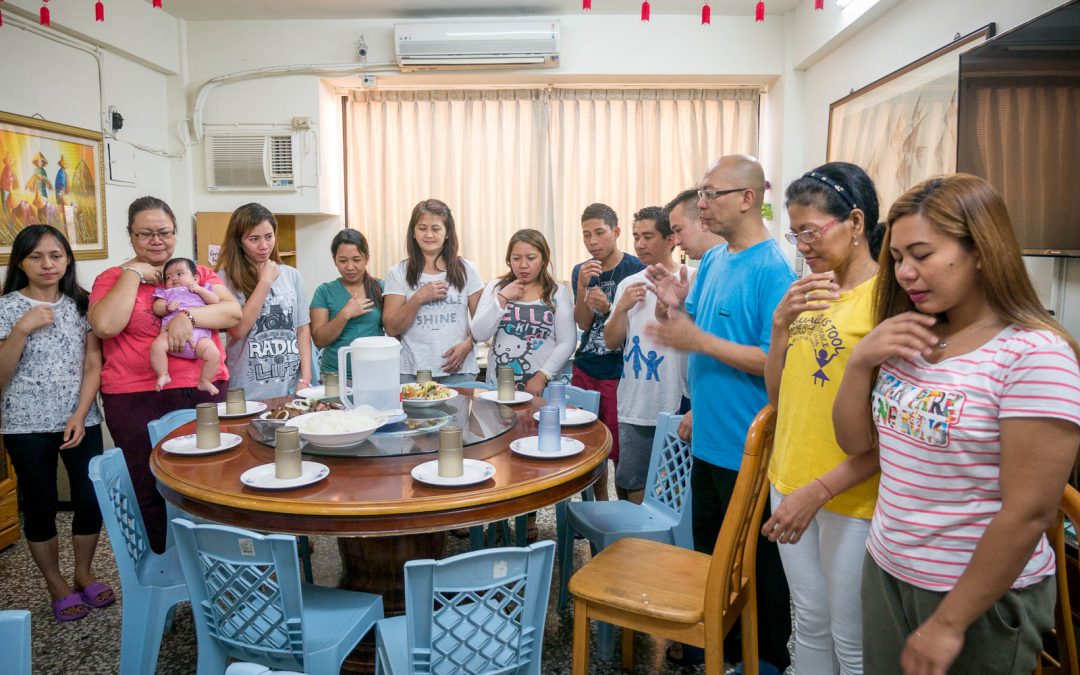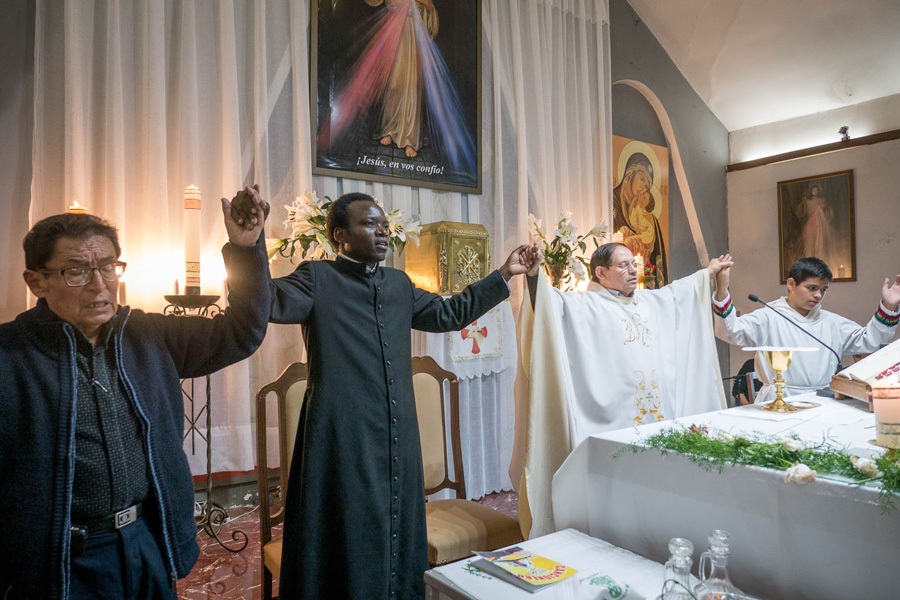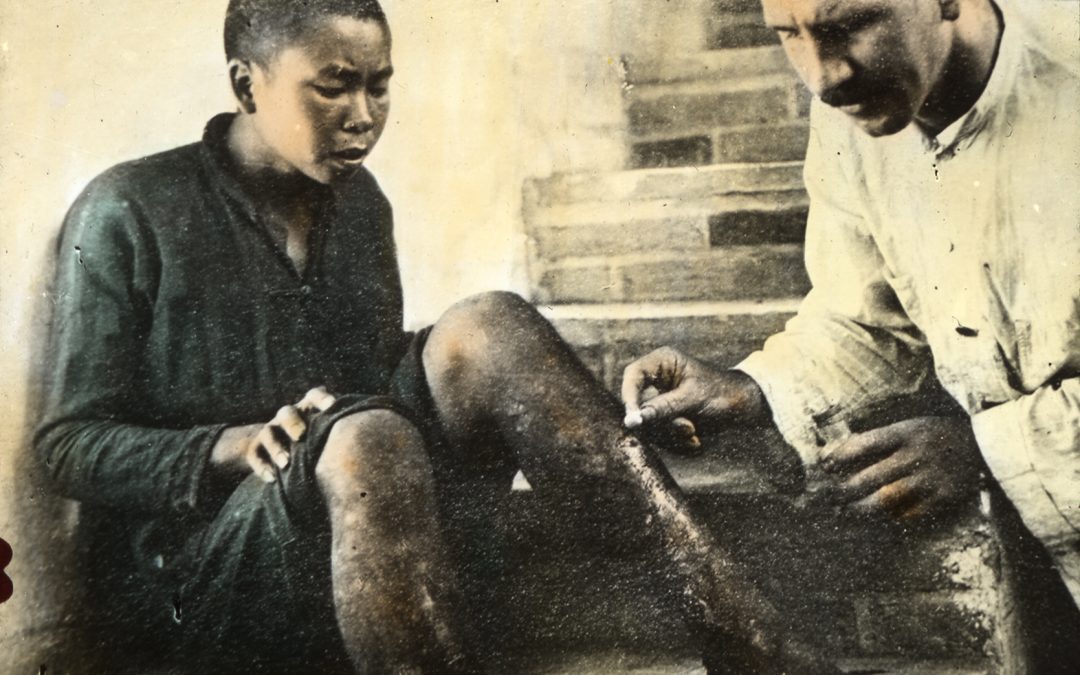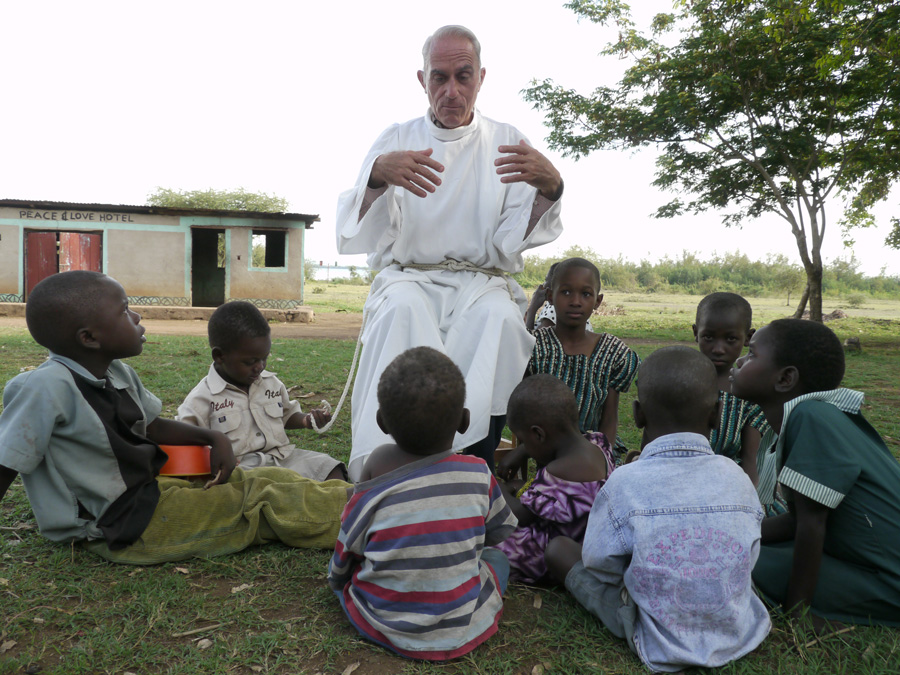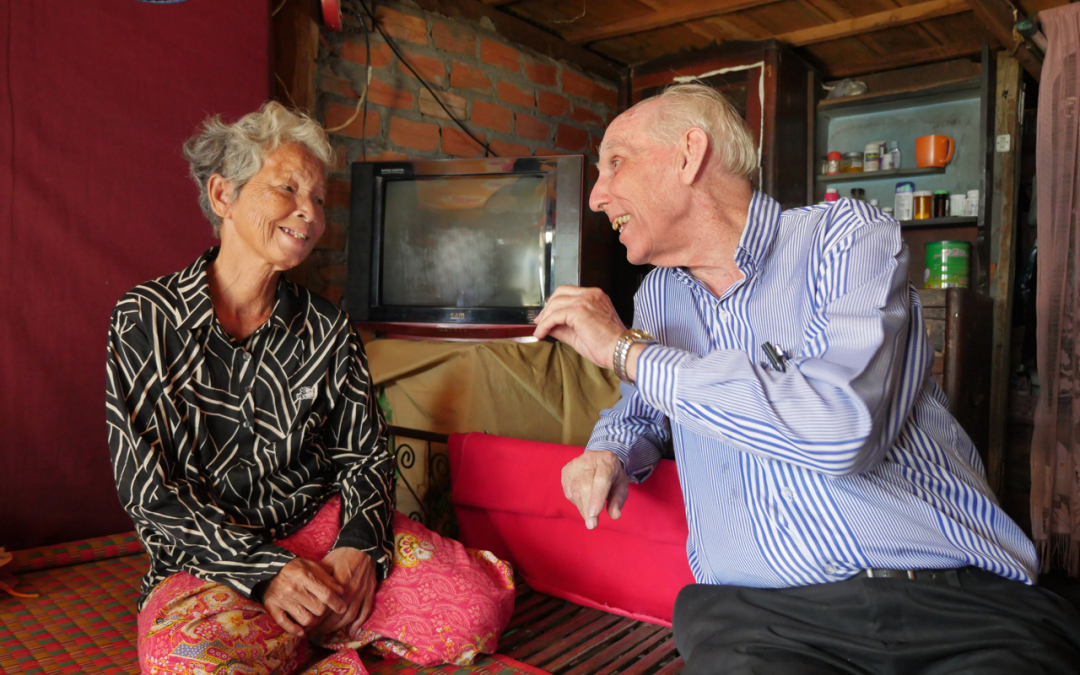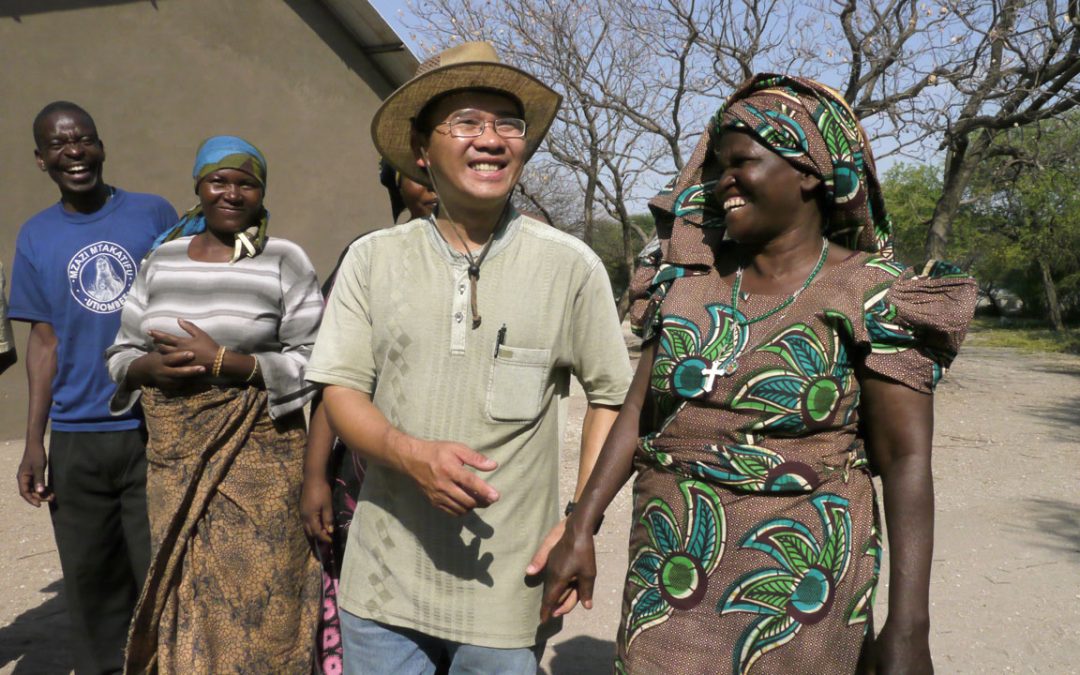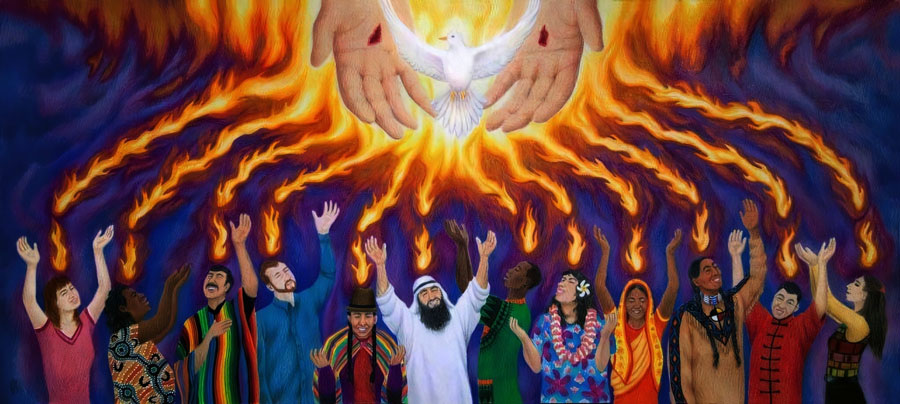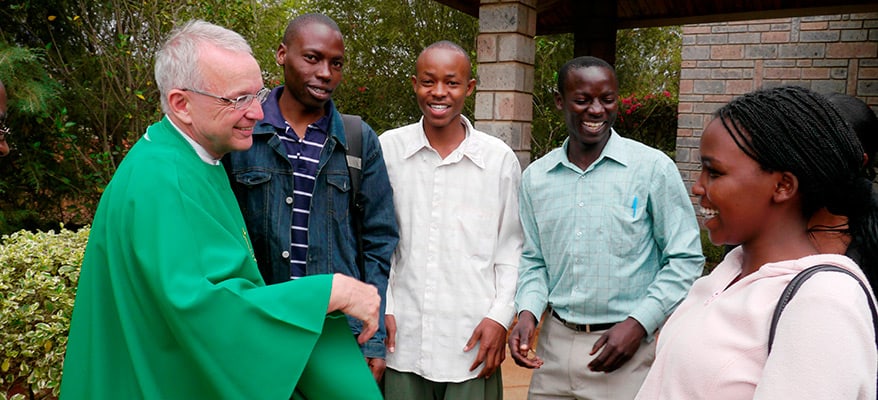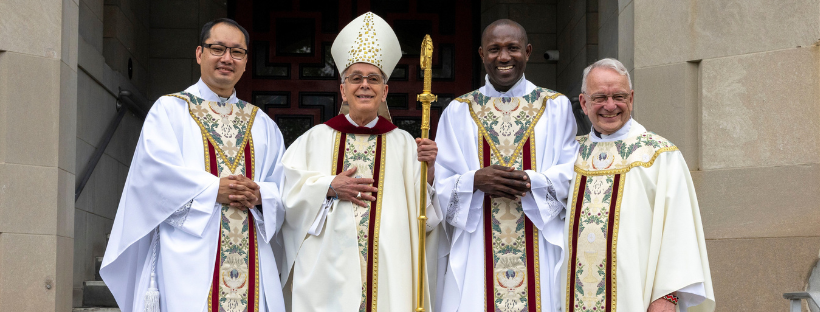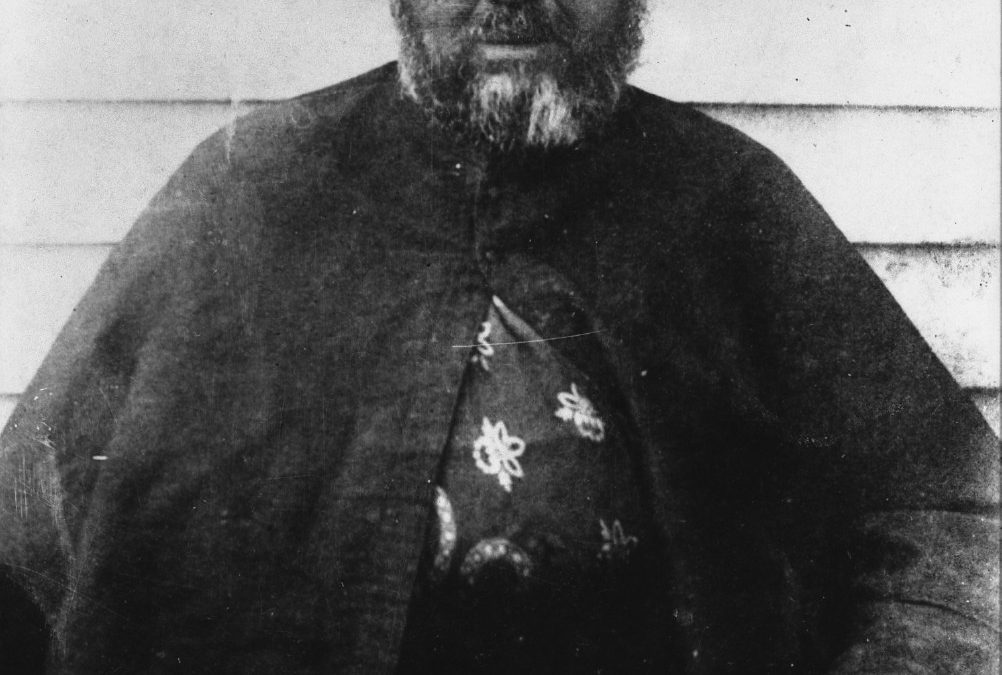
Apostle of Compassion, Journey of Faith
“We are surrounded by so great a cloud of witnesses,” the opening words of today’s second reading (Heb 12:1-4), describe the presence of many holy people in the Church. You and I, while we are both holy and sinful ourselves, belong to this community of Jesus’ disciples. What a great privilege! We are constantly inspired by the example of our fellow-disciples to be faithful Christians in all life’s circumstances.
Favorite Saints. All of us have our special saints. Allow me to tell you some details about one of my own favorites, Jozef Damien de Veuster, popularly known as “Damien the Leper.” Certainly, he belongs to that “great cloud of witnesses” for us. Damien’s poignant story offers each of us hope and inspiration.
The seventh of eight children, Joseph was born in 1840 on a small farm near Louvain in Belgium. He chose the name Damien when, at the age of 19, he entered the Congregation of the Sacred Hearts of Jesus and Mary. In 1863, Damien’s own brother—an ordained priest—was assigned to the Hawaii mission, but fell ill when a typhus epidemic broke out in Louvain. Damien, still a seminarian, petitioned his superiors to take his brother’s place. He left for Hawaii in 1863 and arrived six months later; he was ordained in Honolulu in May 1864.
Compassionate Service. Damien served for nine years on the Island of Hawaii. In early 1873, he was among the priest volunteers who offered themselves to serve the lepers who were segregated on the island of Molokai, since there was no known cure for the dreaded disease which was ravaging the island archipelago. Damien’s assignment letter from Father Modeste, his religious superior, read: “You may stay as long as your devotion dictates….” Damien read that letter over and over again—until his death sixteen years later at age 49.
From the outset, Damien aimed to restore a sense of personal worth and dignity in all 8,000 lepers. He ministered to the gravely ill, bringing the sacraments of confession and Holy Communion and anointing bedridden lepers. He encouraged people to assist him. He taught his people to farm, to raise animals, to play musical instruments and sing. He did not surrender to destructive self-pity. His cheerful disposition and desire to serve touched the lepers’ hearts. In all things, his lepers came first.
Fidelity amidst Trials. Damien faced challenges and misunderstandings, particularly from some who attacked his moral life, even asserting his leprosy was contracted through sexual contact. As a sensitive, compassionate pastor, Damien knew that close contact and touch are necessary to communicate love and concern. Thus, leprosy ultimately claimed him.
Damien strove to configure himself to Christ. He died on April 15, 1889; it was Holy Week. His example of service of the poor inspires us not to forget the poor right in our midst. We all rejoice to belong to the “great cloud of witnesses.” Saint Damien, pray for us!
James H. Kroeger, M.M.
20th Sunday in Ordinary Time
My dearest Lord Jesus
thank you for filling our world
and enlightening human history
with a glorious cloud of witnesses
to encourage and inspire us
with their lives of faithful service and who
intercede for us who struggle here below.
Like stars that brighten the night sky
your saints and holy ones shatter
the darkness, sorrow and hopelessness
that overshadows our world and
fills those who long for a better life
with hope for a better tomorrow.
Raise up new saints for our time
that together we might overcome
all sadness and despair
and enter that new creation for which
all the saints and prophets longed
and for which Christ and all saints longed.
By Fr. Joseph Veneroso. M.M.
